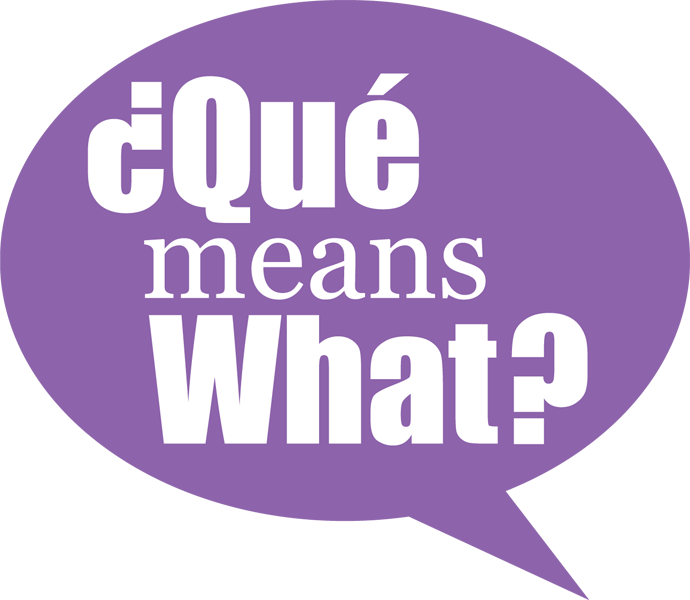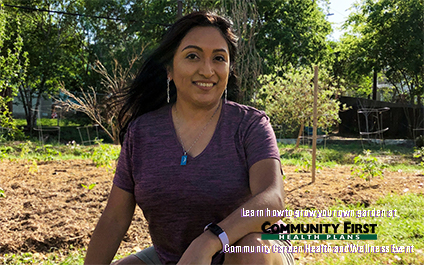Disclaimer: This is a sponsored post in collaboration with National Immunization Awareness Campaign for the CDC. All opinions are my own.

August is National Immunization Awareness Month. Vaccines are important for protecting children against serious, and sometimes deadly, diseases. When children are not vaccinated, they are at increased risk for disease and can spread disease to others in their classroom and community – including babies who are too young to be fully vaccinated, and people with weakened immune systems due to cancer and other health conditions.
Forbes recently reported about a measles outbreak in North Texas due to vaccination refusals. That’s pretty scary, in my opinion. According to the article, a church member went to a country where measles remains common. Unknowingly infected, he returned to attend his local church services where he came in contact with others. As a mother, that is an example of why I would want to protect my children and my family. It is a personal choice for each family. However, most schools require updated immunizations before allowing students to attend, in part because schools are highly susceptible to outbreaks.

Key points from the CDC as to why vaccinations are important:
· Immunizations create a shield of protection at school and at home. Given recent outbreaks, it’s important that children be protected against dangerous and highly contagious diseases like pertussis (also called whooping cough).
· Vaccines don’t just protect your child. Some diseases, like whooping cough, can be deadly for newborns or infants. You can help protect our littlest community members from being exposed to vaccine-preventable diseases by making sure your own child is up to date.
· There is no science behind alternative immunization schedules. Delaying or withholding vaccines only increases the amount of time that children are vulnerable to diseases.
· Vaccines are among the safest and most cost-effective ways to prevent disease. They could help reduce time missed from school due to illness, and save money on expensive treatments or hospitalizations.
· Everyone 6 months and older – including preteens and teens – should get a flu vaccine every year, both to protect themselves and to help keep illness from spreading.
Influenza Vaccination
A yearly flu vaccine is recommended for all children 6 months and older. Even with all the information from CDC, I wanted to interview Dr. Rodriguez-Fierro, a cardiologist in Marrero, LA about the importance of getting the flu vaccination. I want to share with you what a doctor has to say about getting vaccinated against influenza.
It’s only August, is it too early to get the flu vaccine?
The flu season runs from October through May but exceeds in January and February. It’s recommended to get the flu vaccine as soon as it’s available.
Where can one find the flu vaccine?
The first place to ask for it is at your primary physician’s office. Towards the middle and end of flu season, you will find it in some pharmacies but check with your physician’s office first.
A common objection to getting the flu vaccination is “My family hasn’t contracted the flu. We don’t get sick.” What do you say to them?
There are several reasons WHY you want to get the vaccination. First, they will want to avoid the potential of getting the flu. If you get the flu, that’s going to be very devastating. You are going to be out of commission for over a week with high fevers and severe pain. And then there are the potential complications with the flu including pneumonia, hydration, kidney problems and other types of infections as well. So even if someone has not gotten it, it does not mean that they are not at risk of getting it. We are all at risk of getting it. If you don’t take the vaccine and you get it, you can transfer it to the other family members. The young and the old or with chronic illnesses are at an increased risk of severe complications that come with the flu.
What do you say to people who believe vaccinations are not safe?
The influenza vaccination is very safe. One common concern is “If I get the vaccination, I will get the flu.” Normally, once you get the vaccine, it will take a few weeks for antibodies to start forming. You may be at risk of getting any type of infection a week, a few days after getting the vaccine. So, if you get the vaccine and then get sick, it’s not the vaccine that causes the illness but the infection itself. In terms of chronic complications with it’s extremely rare. If you are allergic to something in the vaccine, we recommend you not take it. That’s for any kind of medications.
How would one find out if they are allergic to the vaccination if they’ve never had it?
They need to find out how the vaccine is made. So, wherever they get the vaccine, they should first askl how the product is made. If they are allergic to eggs, they will especially need to ask because it’s common the vaccine is made with egg products.




